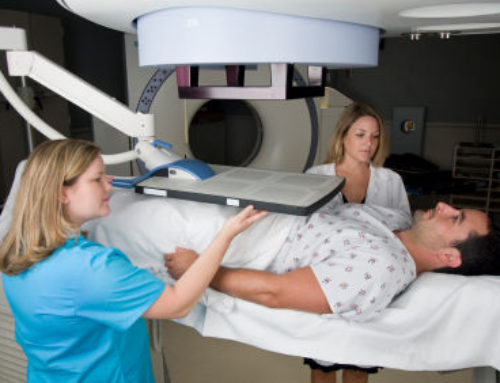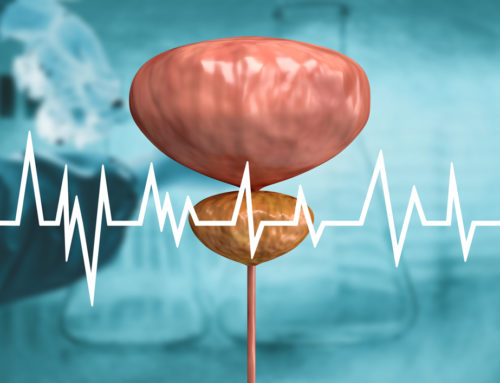Testosterone, or male hormone, is produced in the testicles and is responsible for development of male genitalia and other sexual characteristics.
Effects of testosterone may include:
- Growth of the prostate and other male sex organs
- Maintenance of lean muscle mass and regulation of fat distribution
- Sex drive (libido) and early morning erections
- Bone density
- Mood or energy levels
As testosterone circulates in the blood a portion is bound by a protein and becomes biologically inactive. The portion of testosterone that is not bound (free testosterone) is the hormone that is effective. It is important when testosterone levels are checked via a blood test to measure the total testosterone (free plus bound) as well as the free testosterone alone. Occasionally the total testosterone may be low yet the free testosterone is within normal limits, and vice versa. Testosterone levels must be checked in the early morning because they usually peak around 5 AM and spend the next 24 hours going down. If blood levels are checked too late in the day (after 11 AM) the blood test may show low testosterone levels, which might have been normal earlier in the day. It is only necessary for the peak testosterone levels to be within normal range so the time of the blood draw is very important.
Low testosterone levels (Low T) may be treated with daily gels, periodic injections, or occasionally with oral medications in younger men.
The relationship of testosterone with prostate cancer is very controversial at this point and should be discussed with your doctor.






